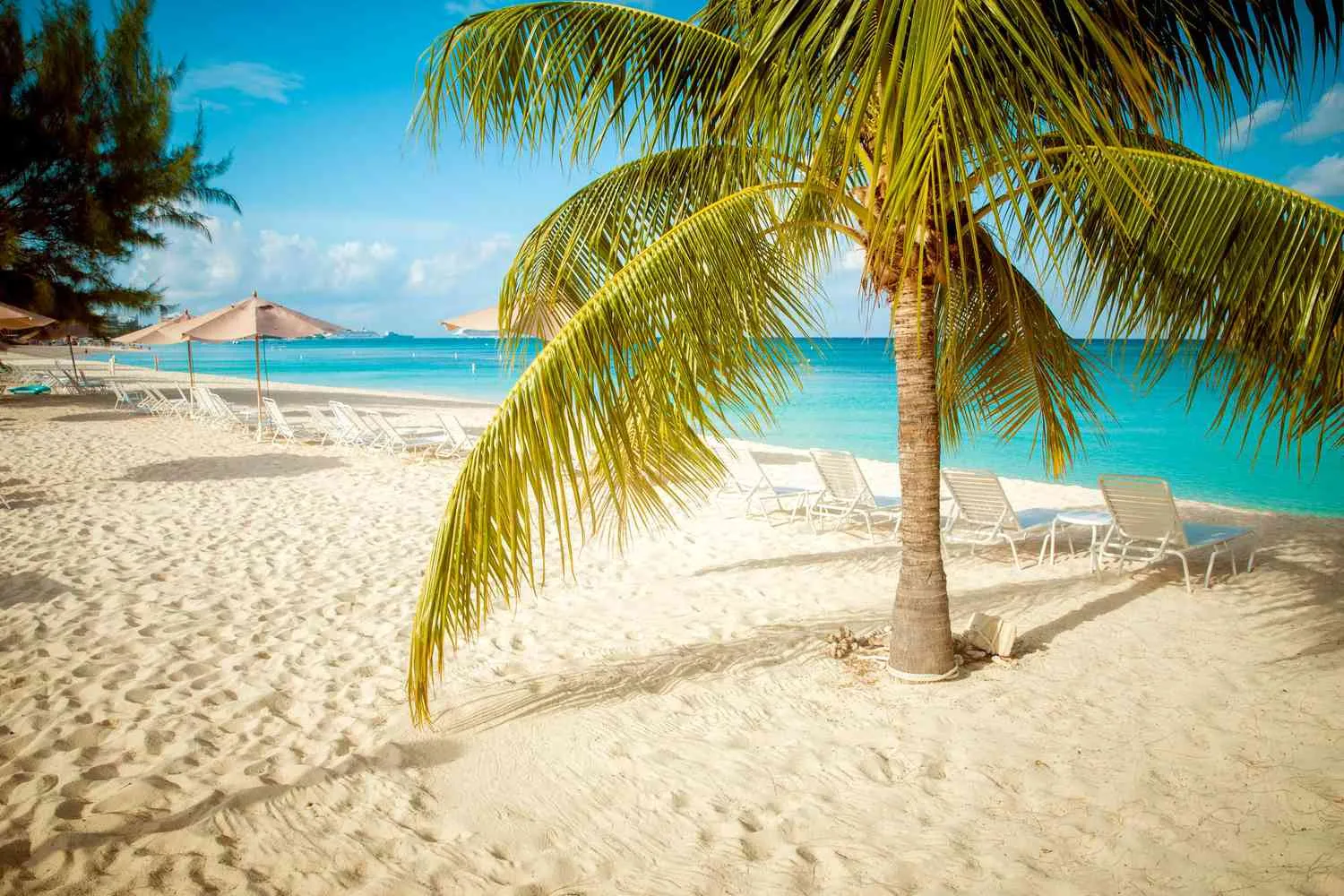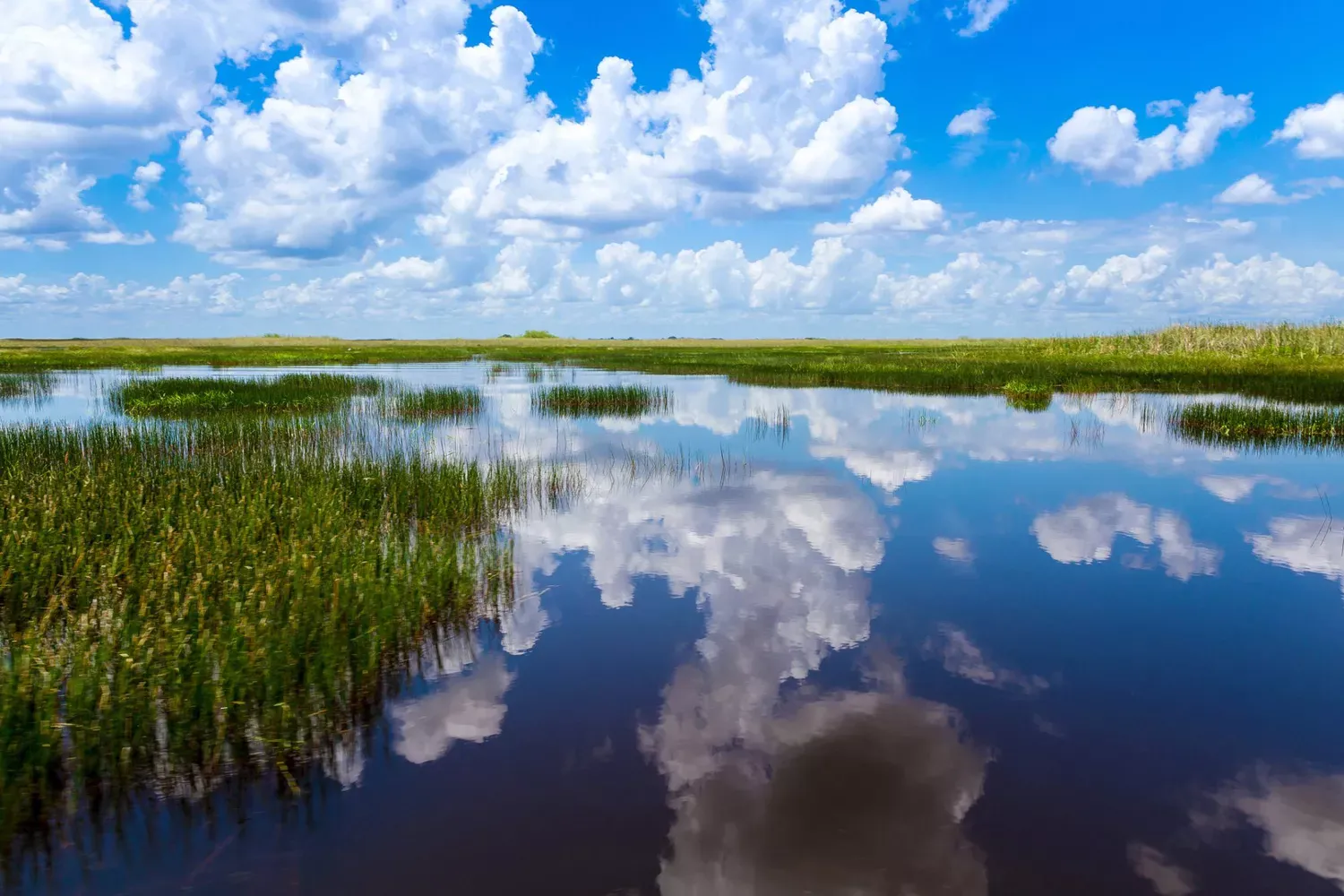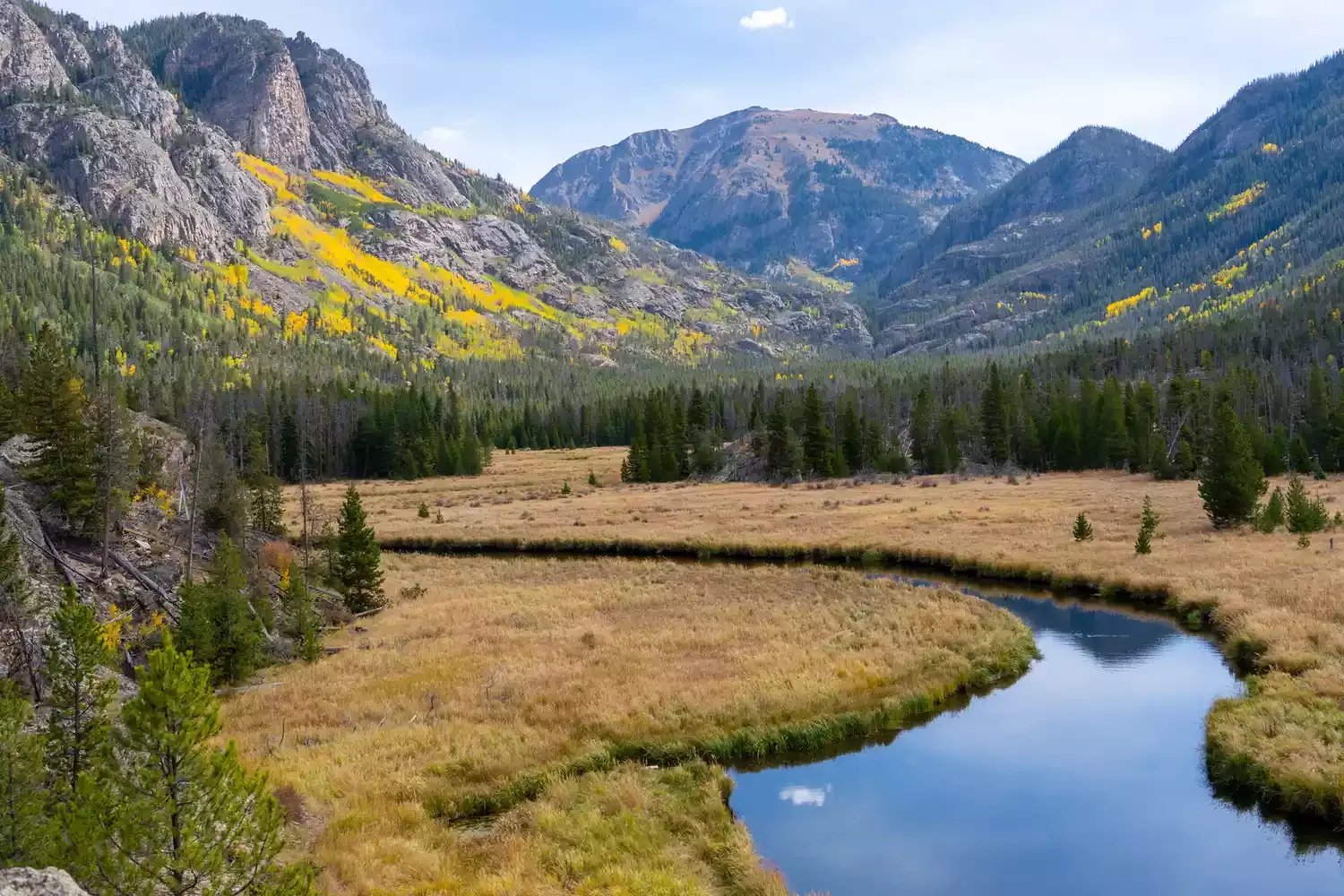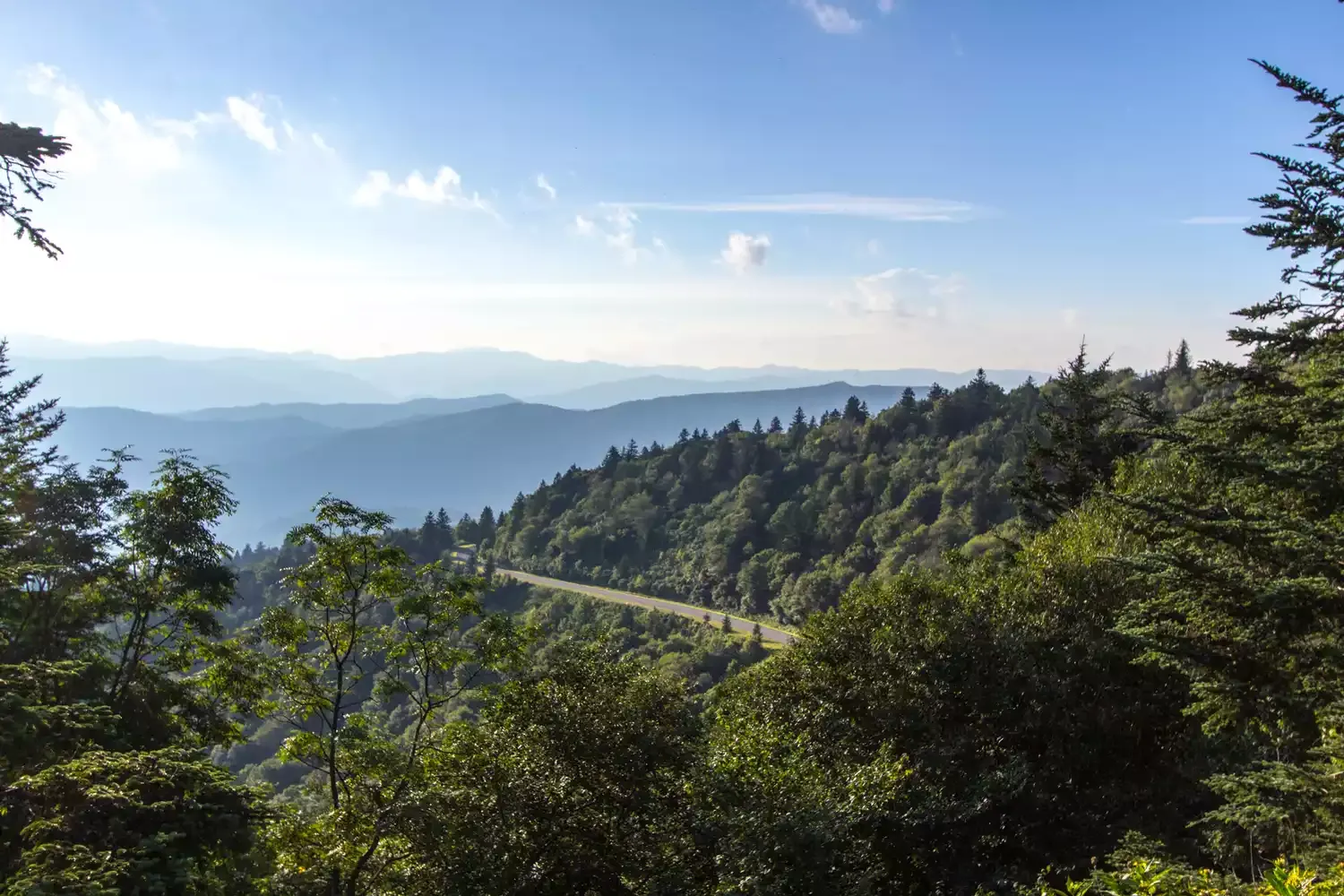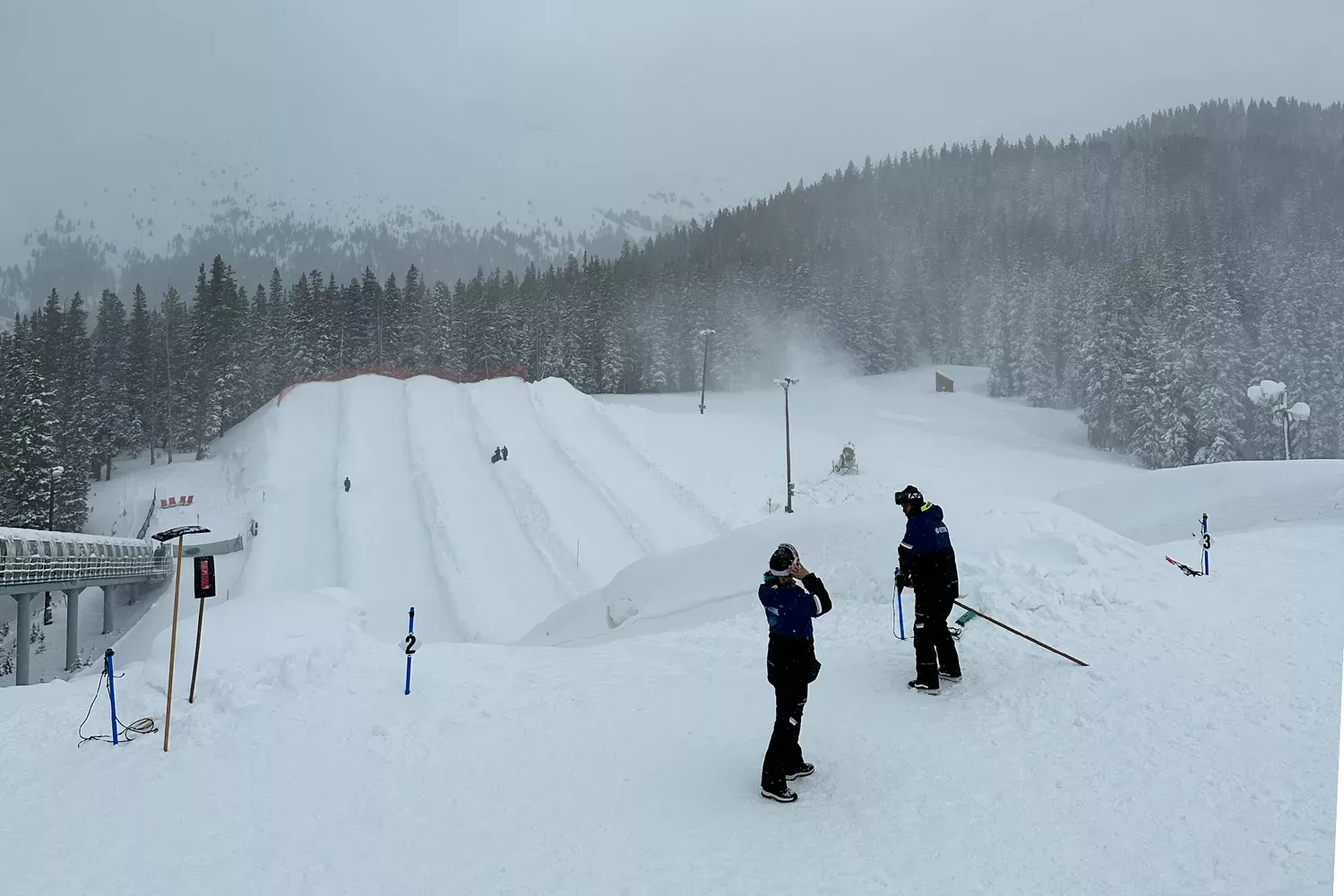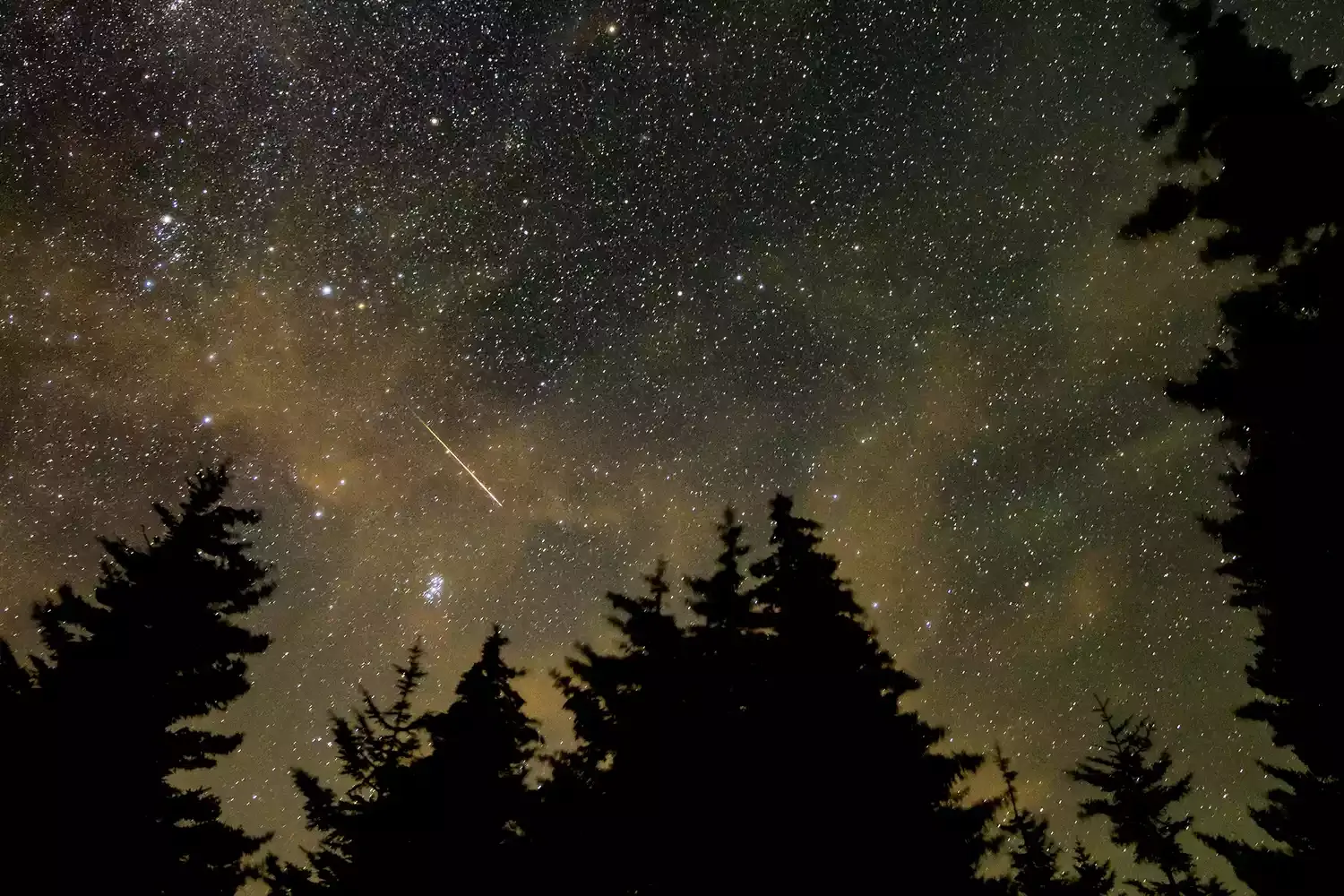
Witness a celestial spectacle! The Perseid meteor shower peaks this weekend, offering a dazzling display of shooting stars. Expect up to 100 meteors per hour under dark skies. Best viewing opportunities are after midnight, away from city lights. This annual astronomical event is caused by Earth passing through debris from comet Swift-Tuttle. Don't miss this beautiful night sky show!
What Makes the Perseids So Special?
The Perseids are considered one of the most reliable and visually stunning meteor showers of the year. This is primarily due to two factors: their brightness and their consistent activity. The meteors are known for producing bright, long trails across the night sky, making them easily visible even in areas with some light pollution. Secondly, the Perseids reliably deliver a high number of meteors each year, offering ample opportunities to spot several shooting stars during the peak nights.
These spectacular events occur as Earth passes through the debris trail left behind by the comet 109P/Swift-Tuttle. As these small particles, often no larger than grains of sand, enter Earth's atmosphere at incredibly high speeds, they burn up, creating the luminous streaks we see as meteors.
When and Where to Watch
The Perseids meteor shower is active from mid-July to late August, but the peak activity occurs this weekend. The best viewing times are typically after midnight and before dawn, when the constellation Perseus, the radiant point of the shower, is highest in the sky. Look towards the northeast horizon to find Perseus. However, don't feel you need to stare directly at the radiant; meteors will appear all over the sky.
To maximize your chances of seeing shooting stars, find a location away from city lights. Dark skies are essential for spotting the fainter meteors. Bring a blanket or lawn chair to lie back and enjoy the show. No special equipment is needed; your eyes are the best tool for observing the night sky.
Understanding Meteor Shower Viewing Conditions
While this year’s forecasts predict great activity, several factors can influence how many meteors you'll actually see. Here's a breakdown of key viewing conditions:
Here's a quick reference table to help you plan your viewing:
Factor |
Good Conditions |
Poor Conditions |
|---|
Light Pollution |
Dark skies, far from city lights |
Bright city lights, illuminated areas |
Moon Phase |
New moon or crescent moon (minimal moonlight) |
Full moon (bright moonlight washes out fainter meteors) |
Cloud Cover |
Clear skies with no clouds |
Overcast or partially cloudy skies |
Radiant Location |
Radiant (Perseus) high in the sky (after midnight) |
Radiant low on the horizon (early evening) |
Atmospheric Conditions |
Clear, dry air |
Hazy, humid air |
Tips for a Successful Meteor Shower Watch
Here are a few helpful tips to make your Perseids viewing experience even better:
Find a dark location: Get as far away from city lights as possible.
Acclimatize your eyes: Allow your eyes to adjust to the darkness for at least 20-30 minutes. Avoid looking at bright screens or lights during this time.
Be patient: Meteor showers can be unpredictable. Don't be discouraged if you don't see anything right away. Give it some time.
Dress warmly: Even in August, nights can be cool, especially in rural areas.
Bring snacks and drinks: Make it a comfortable and enjoyable experience.
Consider binoculars: While not necessary for viewing meteors, binoculars can enhance your view of the Milky Way and other celestial objects.
Share the experience: Invite friends or family to join you for a memorable night under the stars.
Beyond the Perseids: Other Notable Meteor Showers
While the Perseids are a highlight, the night sky offers several other notable meteor showers throughout the year. Keep an eye out for these:
Quadrantids (January): Known for short, bright bursts of meteors.
Lyrids (April): An average strength shower with occasional bright meteors.
Orionids (October): Associated with Halley's Comet, offering medium-speed meteors.
Leonids (November): Famous for occasional "meteor storms," though typically a weaker shower.
Geminids (December): Often the strongest meteor shower of the year, known for slow, bright meteors.
The Perseids are a great introduction to the wonders of meteor showers. So, grab your blanket, find a dark spot, and prepare to be amazed by the celestial fireworks this weekend! Don't miss your chance to witness up to 100 shooting stars per hour during this spectacular astronomical event. Happy stargazing!












